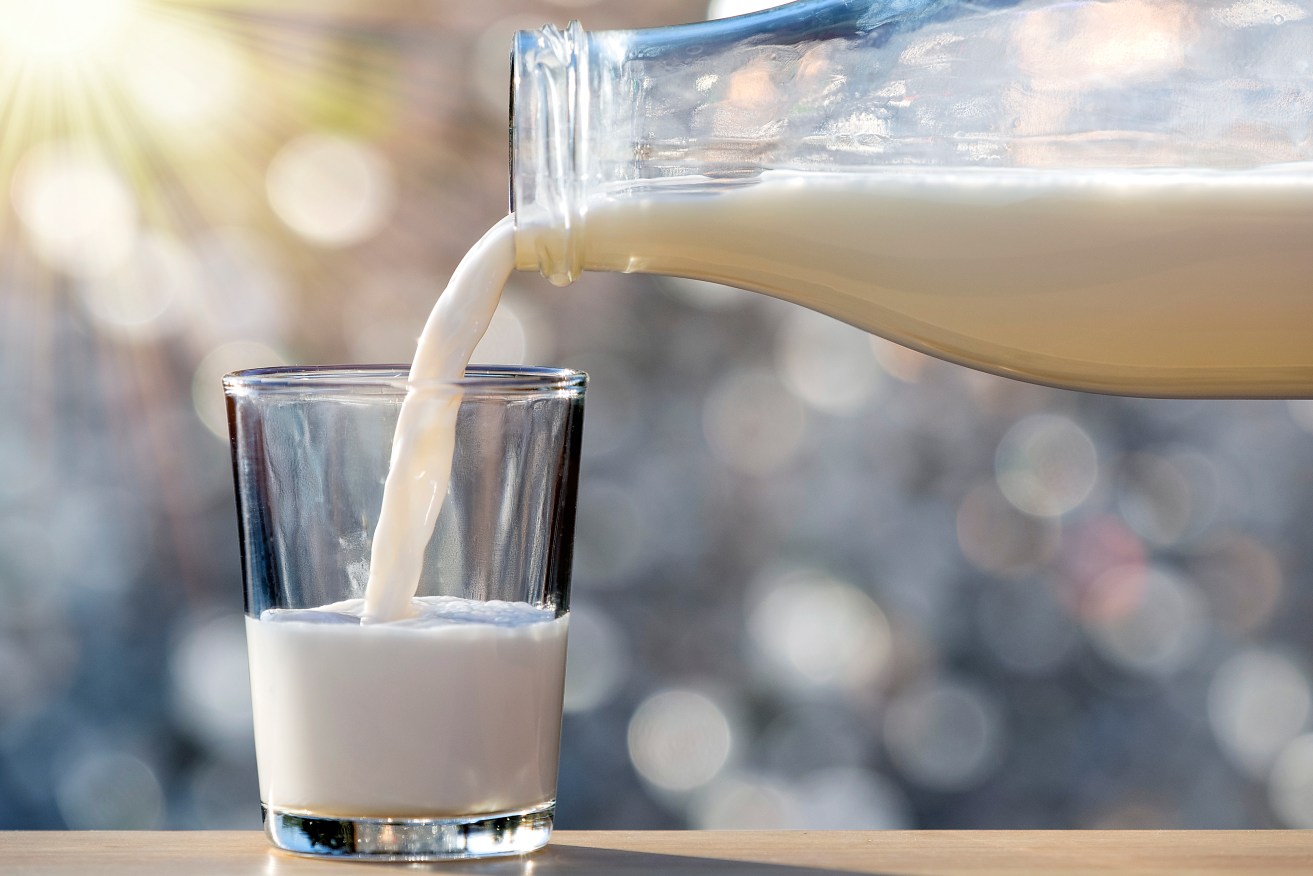Six foods that lower the risk of heart disease: One may surprise you


Victorian dairy workers have called off a planned strike after securing a pay deal. Photo: Getty
How to protect your heart and brain – from cardiac arrest and stroke – through what you eat. There’s a diet for that, isn’t there?
There are a number of heart-healthy diets. Probably best known is the Mediterranean diet, sometimes known as “the best diet in the world”.
There’s the DASH diet which is designed to lower your blood pressure, which is low in salt and high in whole grains. The two to three servings of dairy a day should be fat-free or low fat.
And there’s the Longevity diet, which features lots of beans and periodic fasting, and virtually outlaws red meat.
These three diets are similar but tweaked differently. They feature whole grains as a key food, and don’t favour whole-fat dairy.
The latest contender is the PURE Healthy Diet.
It’s based on what people were eating in 30 countries, rich and poor – and who developed heart issues and who did not.
It has some significant differences to other heart-healthy diets that have attracted the attention of medical news such as Medscape.
Whole-fat dairy a key ingredient
Firstly, the PURE diet doesn’t prioritise wholegrains, which are a good source of B vitamins, fibre and regarded as beneficial to heart health.
The DASH diet recommends six to eight servings of grains a day (but not strictly whole grains). One serving could be half a cup of cooked cereal, rice or pasta. Or a slice of bread.
The PURE diet allows “a moderate amount of whole grains”, but as an option or substitute. Red meat is given the same status – a moderate serving as an option.
According to the Canadian authors of the PURE research, the key to lowering the risk of cardiovascular disease – including heart attacks and strokes – is a diet of “fruits, vegetables, legumes, nuts, fish and whole-fat dairy products”.
That’s right. Whole-fat milk and yoghurt isn’t merely permitted in this diet plan – two servings a day – it’s one of the keys to protecting heart health.
Turning that around, the researchers from McMaster University found that not eating enough of these six key foods in combination is associated with a higher risk of cardiovascular disease in adults.
No more cutting the cheese?
This elevation of whole-fat dairy to a health food isn’t entirely a surprise.
As we reported in 2019, the Heart Foundation – after years of cheese, full-fat milk and yoghurt being guilty pleasures – changed its recommendations to say those foods won’t give you a stroke or heart attack.
“Unflavoured full-fat milk, yoghurt and cheese are now an option for healthy Australians, while the limit has lifted on the number of eggs that can be eaten per week in a heart-healthy diet,” the foundation quietly announced in a press release.
In case you missed it – no limit on eggs!
This giddy fat fest was restricted to healthy people. Those burdened with high cholesterol or heart disease should stick with reduced-fat dairy. And with eating less than seven eggs a week.
Those revised guidelines advise no more than 350 grams of lean red meat a week.
From neutral to health-giving?
The Heart Foundation wasn’t saying that whole-fat dairy was actually good for the heart. It was responding to research that found these foods had a neutral effect on the heart in healthy people. Meaning they would do no harm.
However, subsequent research suggests that whole-fat dairy does in fact have a protective mechanism.
According to a 2021 report from the Harvard Medical School:
“People who eat more dairy fat – which is plentiful in whole milk, yoghurt, and cheese – may be less likely to develop heart disease than people who eat smaller amounts of dairy, a new study suggests.
Researchers measured blood levels of a fatty acid found mostly in dairy foods in 4150 people aged 60 in Sweden.
After an average follow-up of 16.6 years, they found that people with the highest levels of the fatty acid had the lowest risk of cardiovascular disease.
The authors confirmed these findings after combining the Swedish results with similar data from the United States, Denmark, and the United Kingdom.
More about the study
The PURE study was conducted in 80 countries across all inhabited continents.
Diets emphasising fruit, vegetables, dairy (mainly whole-fat), nuts, legumes and fish “were linked with a lower risk of cardiovascular disease and premature death in all world regions”.
The addition of unprocessed red meat or whole grains “had little impact on outcomes”.
Study author Dr Andrew Mente of the Population Health Research Institute, McMaster University, said the study findings suggest that priority should be increasing protective foods such as nuts (often avoided as too energy dense), fish and dairy, rather than restricting dairy to very low amounts.
“Our results show that up to two servings a day of dairy, mainly whole-fat, can be included in a healthy diet,” he said.
“This is in keeping with modern nutrition science showing that dairy, particularly whole-fat, may protect against high blood pressure and metabolic syndrome.”
More about the study
The PURE diet included:
- 2-3 servings of fruit per day
- 2-3 servings of vegetables per day
- 3-4 servings of legumes per week
- 7 servings of nuts per week
- 2-3 servings of fish per week
- And 14 servings of dairy products (mainly whole fat but not including butter or whipped cream) per week.
To read more about the study, see here.








